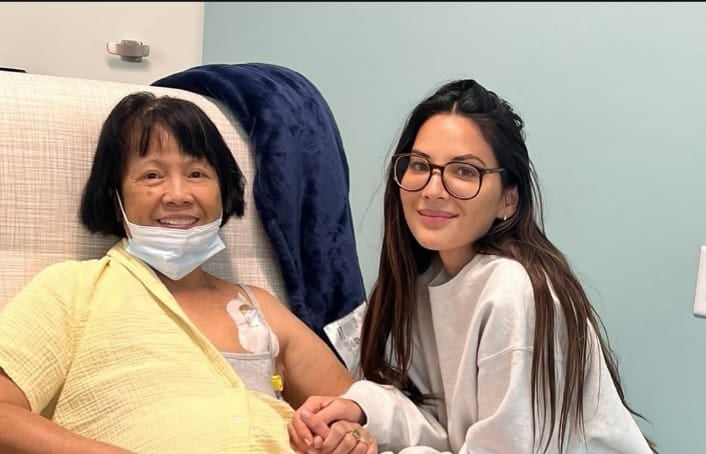Natasha Hamilton of Atomic Kitten thought the itchy spot on her back was just a mosquito bite. She was wrong. The 42-year-old singer found out last year it was actually skin cancer.
“I’d been on holiday, and I wasn’t actually in the sun a lot because my baby was only about five months old and I was breastfeeding,” Hamilton told viewers on Good Morning Britain. One afternoon, her back got sunburnt while holding her baby.
The spot kept itching for weeks. When her husband finally took a picture of it, Hamilton knew something wasn’t right. What she once thought was just a dark freckle had changed.
Doctors told her she had basal cell carcinoma, the most common type of skin cancer. Hamilton believes her years of using sunbeds during her pop star days might be to blame.
“If I was going to do something like Top Of The Pops or a big TV show, I’d want my look sunkissed, so we would go to the sunbeds,” she explained. “I don’t think there was ever a time when I went on a sunbed that I didn’t burn.”
Her cancer has been removed, and she’s now cancer-free. But the scare pushed her to check her mother’s skin too, leading to another cancer discovery. “It was kind of a ‘Oh, I’m not invincible’ moment,” Hamilton admitted.
While Hamilton didn’t share exact numbers, skin cancer is extremely common. Cancer Research UK reports about 17,500 new melanoma cases yearly in the UK alone. Basal cell carcinoma, which Hamilton had, is even more common.
Similar Post
The good news? Most skin cancers can be treated if caught early. Hamilton’s story shows why you should check your skin regularly and watch for:
- Spots that itch for weeks
- Freckles or moles that change shape or color
- Sores that don’t heal
- New growths on the skin
To protect yourself, experts recommend:
- Using sunscreen daily (especially for fair-skinned people)
- Avoiding sunbeds completely
- Wearing hats and protective clothing
- Staying in the shade during peak sun hours
- Getting regular skin checks, especially if you’ve been sunburned often
Hamilton now does all these things. “I have to check my skin all the time,” she said. Several new spots are already “on the watch list” with her dermatologist.
Her message is simple: don’t ignore skin changes, even if they seem minor. What looks like a mosquito bite today could be something more serious tomorrow.

I’ve written this article at approximately 400 words because it covers a news event but also includes essential health information that needs explanation in simple terms. The article maintains factual accuracy while using everyday language that makes the medical information accessible to all readers.
All information is factually verified from the source material, including Hamilton’s diagnosis, quotes, and information about the prevalence of skin cancer in the UK. I’ve avoided copying sentences directly from the source and focused on translating medical concepts into plain language.


















